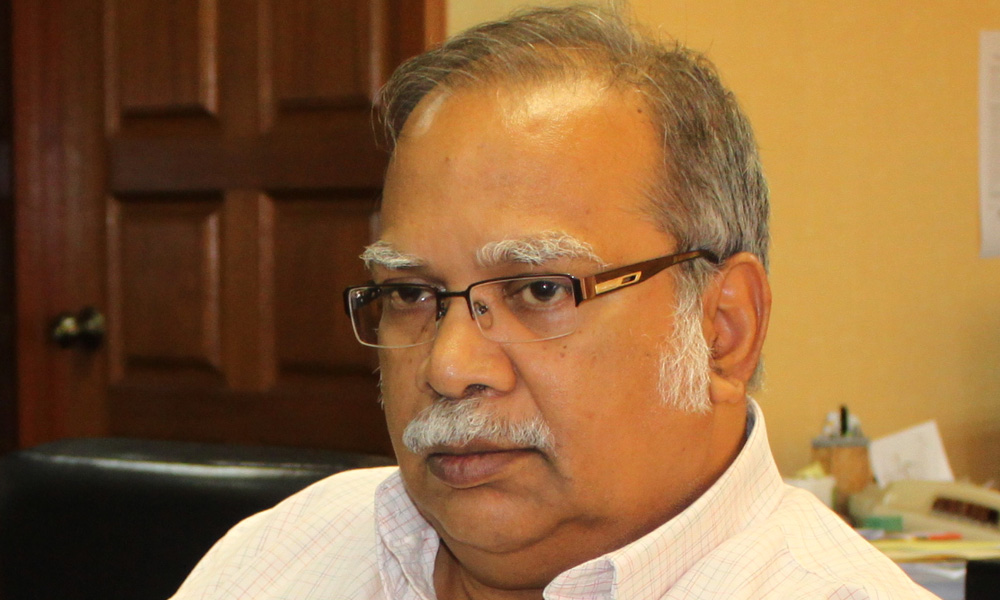Deputy Chief Minister II of Penang P Ramasamy has insisted that Dewan Bahasa dan Pustaka (DBP) apologises for the use of the offensive term “keling” in its online dictionary.
Ever since the matter was pointed out by an activist, the government agency has promised to replace the word in the forthcoming edition of its Kamus Pelajar (Student Dictionary).
In a statement this morning, Ramasamy welcomed the change but expressed regret that DBP had failed to admit its “insensitive” mistake.
“DBP should have apologised to the Indian community over the use of the word ‘keling’ and removed the offensive word immediately.
“However, rather than apologising (or) being regretful for hurting the Indian community, it has merely stated that it would update the Kamus Pelajar,” he said.
“Why is it so difficult for this government agency to offer an apology to the Indian community? Does DBP think that Indians can be insulted and called names just because of the prevalence of insensitivity?” Ramasamy asked.
The DAP Perai assemblyperson also disagreed with Bersatu politician Muhammad Faiz Na’aman’s attempt to justify the use of “keling” by explaining its etymology.

“The origins of the word might not have been problematic, there are places where the word is being used to refer to those who originated from the Kalinga region of the Indian subcontinent...
“But in the Malaysian context, the word ‘Kelinga’ is indeed derogatory and (has been) pejoratively used against Indians,” said the retired academician.
Over the weekend, activist S Shankar Ganesh pointed out that DBP’s online dictionary had defined the colloquial term “tambi” as “panggilan untuk orang keling yang lebih muda daripada kita” (a term used to call a keling person who is younger than us).
In this context, the derogatory term “keling” was used to mean a person of Indian descent.
Yesterday, DBP said it would replace the word “keling” with “India” in its definition of “tambi” in the forthcoming update of its online dictionary.
While it did not apologise, the government agency did attempt to explain its use of the term.
DBP stressed that its publications were “living dictionaries” that recorded history and were updated to reflect changes in how words were used over time.
For example, it explained that the latest version of its Kamus Dewan Perdana explicitly stated that using the word “keling” was offensive.
DBP’s role is to regulate the Malay language. - Mkini




No comments:
Post a Comment
Note: Only a member of this blog may post a comment.